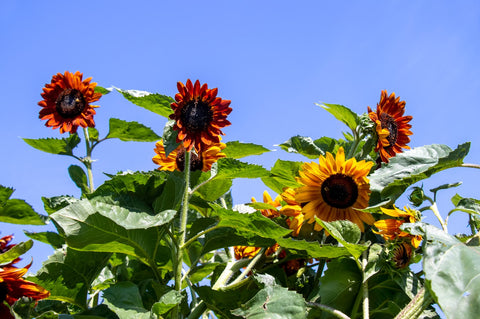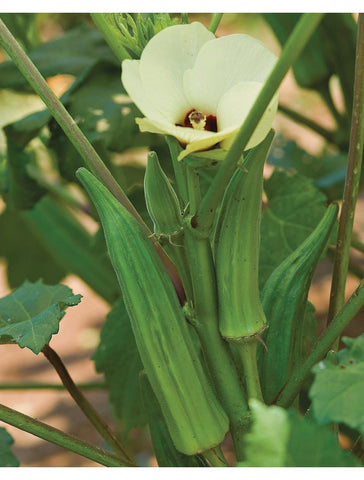Coffee grounds are the coffee powder left over from the brewing process, and they have a variety of beneficial uses in the garden. This article will introduce the use of coffee grounds in the garden, including as fertilizer, pest control agent and soil improvement methods, demonstrating the environmental protection and sustainable use value of coffee grounds.The following content also has some reference value for raised garden beds.
Organic fertilizer: Coffee grounds are a fertilizer rich in organic matter and nutrients. Mixing coffee grounds into the soil can provide nutrients such as nitrogen, phosphorus, and potassium that plants need, and improve the texture and water retention of the soil. Coffee grounds also contain caffeine and acidic substances, which can inhibit the growth of certain weeds, while promoting the reproduction of beneficial microorganisms, which has a positive impact on the healthy growth of plants.
Nutrient supplement: Coffee grounds can be used directly as a nutrient supplement for plants. Scatter coffee grounds around the roots of plants, allowing them to break down and release nutrients. This way can provide rapid energy supply for plants, and increase the soil organic matter content, promote plant growth and development.
Insect repellent: Coffee grounds are repellent to some common garden pests. For example, coffee grounds scattered around the yard or around the edges of flower beds can reduce infestation by pests such as ants and snails. Caffeine and other compounds in coffee grounds are sensitive to the sense of smell and touch of these pests, causing them to avoid areas covered by coffee grounds.
Improve soil: Coffee grounds can improve acidic soil. Due to the acidic properties of coffee grounds, it can raise acidity levels in neutral or alkaline soils, making the soil more suitable for acid-loving plants to grow. In gardens with acid-loving plants such as rhododendrons and blueberries, adding coffee grounds can help adjust the pH of the soil and provide a more suitable growing environment.
Compost material: Coffee grounds are one of the ideal materials for composting. Mixing coffee grounds with other organic waste (such as kitchen waste, fallen leaves, etc.) can speed up the decomposition process of the compost. The high temperature and organic-rich properties of coffee grounds help to produce high-quality compost that feeds the plants in the garden while reducing the negative impact of waste on the environment.
Growth of acidic plants: Coffee grounds have certain acidic characteristics and are suitable for the growth environment of acidic plants. Adding coffee grounds to the soil of acid-loving plants, such as rhododendrons, blueberries, and pines, can regulate the pH of the soil, creating a more acidic environment for these plants to grow.
Herbicide: Coffee grounds can be used as a natural herbicide. Covering the surface of the flower bed or garden path with coffee grounds can effectively prevent the growth of weeds and reduce the need for weeding. In addition, coffee grounds keep the soil moist, reducing water evaporation and weed growth.
Earthworm attractants: Earthworms play an important role in the soil, promoting soil aeration and nutrient cycling. The natural smell of coffee grounds can attract earthworms and lure them into the garden. Earthworm activity improves soil structure and increases aeration and water retention.
Prevent cats from invading the garden: Coffee grounds have a strong olfactory repellent effect on cats. Scattering coffee grounds around flower beds or vegetable beds will keep cats out of the garden and keep them from digging and damaging plants.
Control of aphids: Coffee grounds have a certain control effect on aphids. Soaking coffee grounds in water to make a coffee grounds infusion, and then spraying it on aphid-infested plants with a watering can effectively reduce the number of aphids. Caffeine and other compounds in coffee grounds have pesticidal and repellent effects and are very helpful in protecting plants from aphids.









